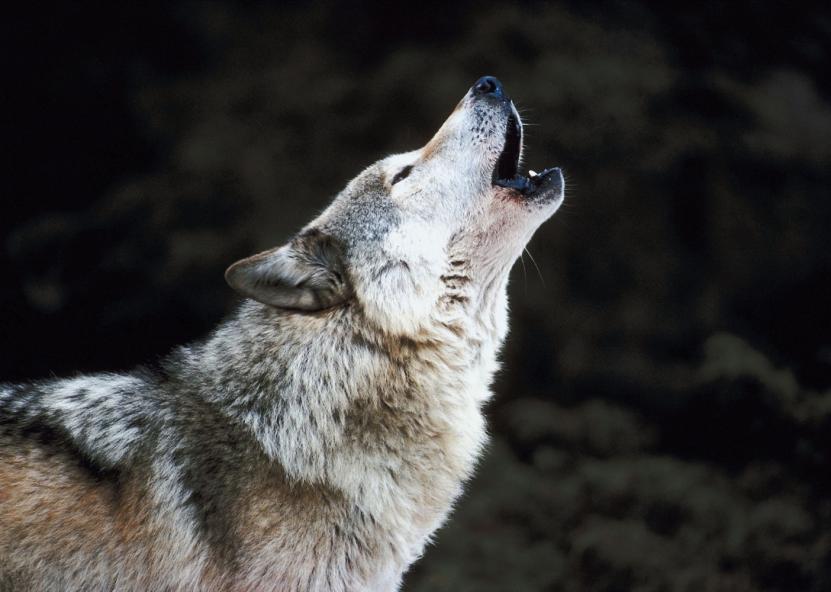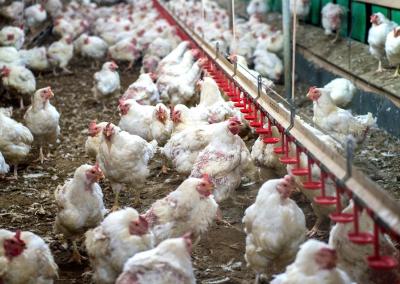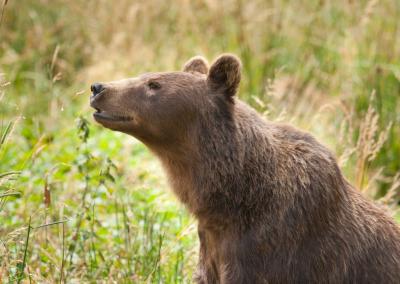Germany launches a wolf hunting project. What do the legislators propose?
In recent years, developments in Europe on the conservation status of wolves have opened up a new wave of debate. The recovery of the wolf population in the European Union is evident. In 2023, an estimated 20,300 wolves were recorded across the EU. At the same time, their range has expanded to around 2.2 million km, increasing the points of contact with human activities.
Wolves are increasingly becoming not only a conservation success story but also a real social and economic problem due to their increasing numbers and proximity to domestic animals and farming herds. Studies show that by 2022 there could be more than 21 500 wolves across Europe. This represents an increase of around 58% over the last decade.
The risks posed, such as damage to livestock and the rising costs of protection measures, are increasingly prompting Member States to consider new regulatory measures.
In this context, Germany has taken a significant step. The Deutscher Jagdverband (DJV) in its report of 21 November 2025 assesses the referentenentwurf – a draft proposal to include the wolf in the Federal Hunting Act (Bundesjagdgesetz) – as positive but requiring amendments. The DJV draws attention to a number of key points. Source here
First of all, the DJV stresses that the timing of hunting must be adapted to the biology and social structure of wolves. The draft version foresees hunting from September to February, but the IWV argues that this period may disrupt wolf family structures. Alternatively, the hunting period for young wolves is proposed to be from June to October, when pups can be more reliably separated from adults. Such an approach, according to the organisation, is essential for sustainable population regulation and a favourable conservation status.
A second strand of regulation is needed regardless of the conservation status, the organisation stresses. This is the permanent and non-bureaucratic possibility of removing those wolves or groups of wolves that cause direct harm to domestic animals. The SBI believes that states should have the right to respond to damage throughout the year without cumbersome administrative barriers.
Thirdly, it is about the need for future rules to be integrated into existing hunting law and to be in line with European Union legislation, especially where there are changes in conservation status and control mechanisms.
The concept proposed by the MSFD promotes the biological soundness of nature, the protection of species and the balance between the interests of domestic animals and farmers. It is like a three-objective framework: managing the wolf population, protecting farming activities and building public confidence.
This combined text provides both a Europe-wide reality check on the growth, distribution and risks of wolf populations, as well as specific German reactions and initiatives. If you wish, I can prepare an additional block on how these trends may be relevant for Lithuania and what decisions are already being taken in our country.















































































































